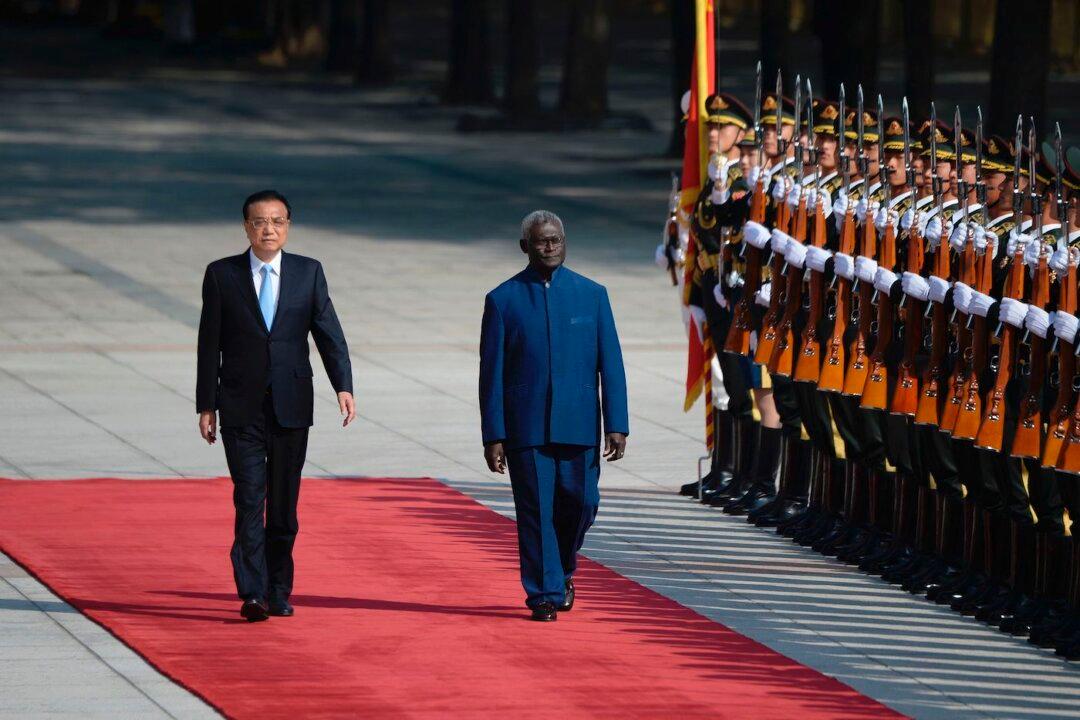Chinese security forces have taken advantage of a recently signed-off security pact with the Solomon Islands and are conducting training courses for the Royal Solomon Islands Police Force (RSIPF) in Honiara.
The current course, which runs for two weeks, will see a Chinese Police Liaison Team training 16 officers from the RSIPF’s Close Personal Protection Unit and Police Band in protection technical skills and tactics and operational capability.




